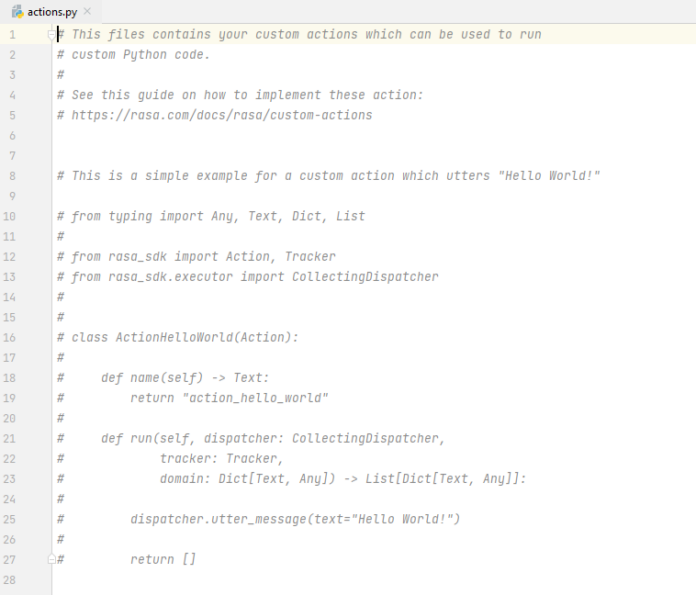The mean(int x, int y) method of Guava’s IntMath class accepts two parameters x and y and calculates arithmetic mean of them rounded towards negative infinity. This method is overflow resilient.
Syntax :
public static int mean(int x, int y)
Parameters: This method accepts two parameters x and y which are of integer types.
Return Value : The method returns arithmetic mean of x and y, rounded towards negative infinity.
Exceptions : The method doesn’t have any exception.
Example 1 :
// Java code to show implementation of// mean(int x, int y) method of Guava's// IntMath classimport java.math.RoundingMode;import com.google.common.math.IntMath; class GFG { // Driver code public static void main(String args[]) { int x = 1542; int y = 421; // Using mean(int x, int y) // method of Guava's IntMath class int ans = IntMath.mean(x, y); // Displaying the result System.out.println("Mean of " + x + " and " + y + " is : " + ans); }} |
Output :
Mean of 1542 and 421 is : 981
Example 2 :
// Java code to show implementation of// mean(int x, int y) method of Guava's// IntMath classimport java.math.RoundingMode;import com.google.common.math.IntMath; class GFG { // Driver code public static void main(String args[]) { int x = 214; int y = 154; // Using mean(int x, int y) // method of Guava's IntMath class int ans = IntMath.mean(x, y); // Displaying the result System.out.println("Mean of " + x + " and " + y + " is : " + ans); }} |
Output :
Mean of 214 and 154 is : 184

